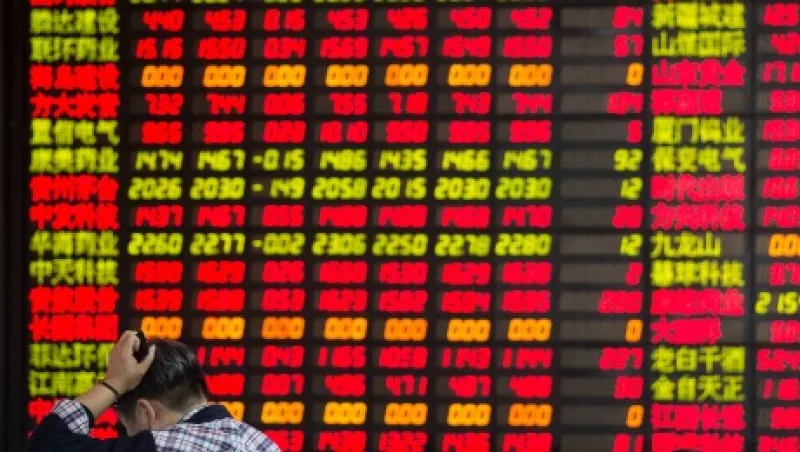
China’s Top Asset Managers Ride the Equity Roller Coaster
After launching new products to capitalize on the stock market boom, China’s top 20 firms have had to adjust quickly to the market’s sharp correction.
Eric Johnson
October 26, 2015


